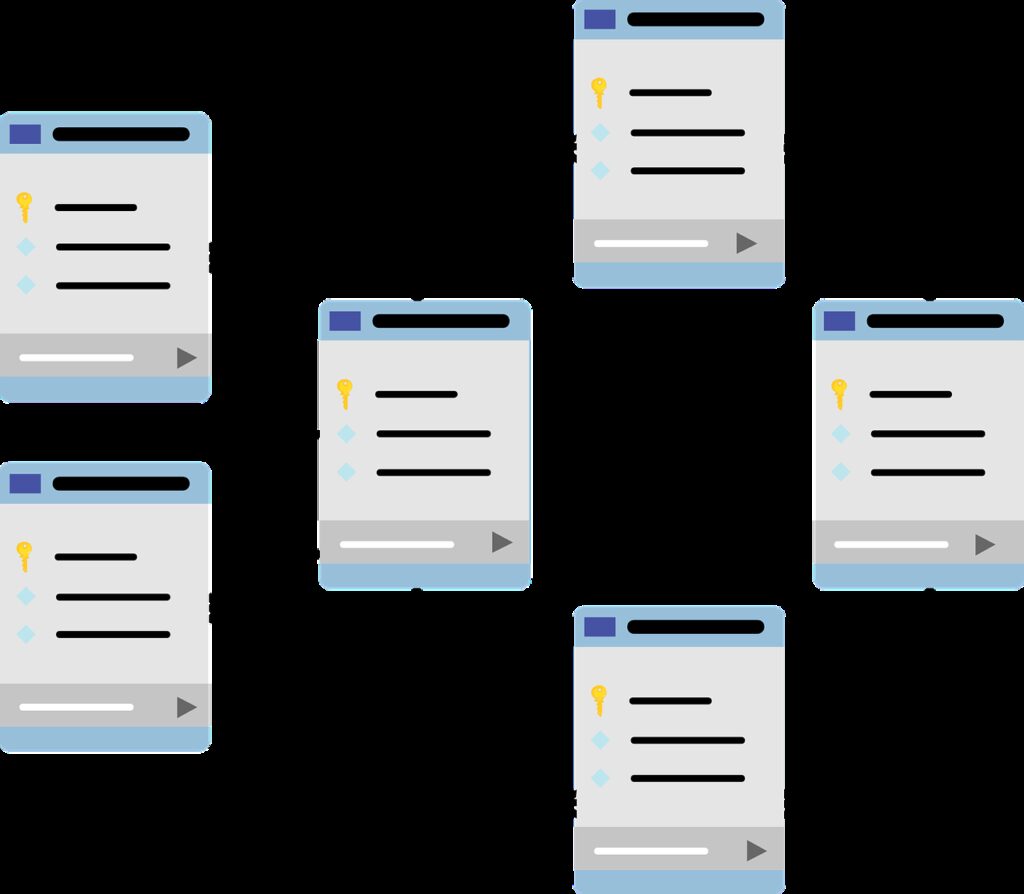
Effective data management solutions play a crucial role in enabling businesses to efficiently gather, securely store, accurately analyze, and effectively utilize data. These solutions come in many forms, from traditional databases to cloud-based platforms, and are designed to help businesses manage the growing volume, variety, and complexity of data. By implementing data management solutions, businesses can improve decision-making, increase efficiency, enhance customer experience, ensure compliance, and foster innovation.
Why Data Management Solutions are critical for businesses.
- Improve decision-making: Data management solutions help businesses organize and analyze their data, making it easier to extract meaningful insights that can inform decision-making. By having access to accurate and up-to-date information, businesses can make better-informed decisions that can lead to improved performance and profitability.
- Increase efficiency: Data management solutions automate data collection, storage, and analysis, reducing the need for manual data entry and analysis. This can help businesses save time and reduce errors, leading to increased efficiency and productivity.
- Enhance customer experience: Data management solutions allow businesses to track customer behavior, preferences, and needs, providing valuable insights into customer needs and expectations. By using this information to improve products and services, businesses can provide a better customer experience and build customer loyalty.
- Ensure compliance: Data management solutions can help businesses ensure compliance with regulations and standards related to data privacy, security, and governance. By ensuring that data is collected, stored, and used in compliance with applicable laws and regulations, businesses can avoid costly fines and penalties.
- Foster innovation: Data management solutions can provide businesses with the data they need to identify new trends, opportunities, and areas for innovation. By using data to drive innovation, businesses can stay ahead of the competition and adapt to changing market conditions.
In this article, we will explore data management solutions such as data lakes, data warehouse, and data mart, their purpose, examples, and use cases, to help businesses choose the best solution for their needs.
Differences between Data Lake, Data Warehouse, and Data Mart
- Data Lake: A data lake is a centralized repository that stores all types of raw and unprocessed data, including structured, semi-structured, and unstructured data. It can serve as a landing zone for data ingestion from a variety of sources, including IoT sensors, social media, log files, and more. It is designed to store data in its native format, without any transformation or schema imposition, making it easy to store and access large amounts of data from various sources. The data lake allows businesses to perform big data analysis, data mining, machine learning, and other data-driven initiatives to extract insights that can drive business decisions. Technologies commonly used for data lakes include Apache Hadoop, Apache Spark, and Amazon S3.
- Types of Data Lakes:
- Raw data lake: A data lake that stores raw, unstructured data in its native format, without any processing or transformation.
- Curated data lake: A data lake that contains structured, semi-structured, and unstructured data that has been processed, transformed, and organized for specific use cases.
- Analytical data lake: A data lake that is optimized for data analysis and is used for data exploration, machine learning, and other data-driven initiatives.
- Types of Data Lakes:
- Data Warehouse: A data warehouse is a centralized repository of structured data transformed, organized, and optimized for efficient querying and analysis. It is typically used for high-speed querying and reporting and contains data that has been cleansed, transformed, and organized for analytics. The data is usually extracted from multiple sources, such as operational systems, data lakes, and other data warehouses. The data warehouse provides a unified view of the data and allows businesses to perform complex queries, generate reports, and gain insights into business operations. Technologies commonly used for data warehouses include Oracle, Microsoft SQL Server, and Snowflake.
- Types of Data Warehouses
- Enterprise data warehouse (EDW): A large-scale, centralized data warehouse that contains all the data needed for an organization to make informed decisions.
- Operational data store (ODS): A real-time database that stores transactional data for operational reporting and analysis.
- Types of Data Warehouses
- Data Mart: A data mart contains a subset of the data warehouse’s data that is relevant to a particular business unit or department. Data marts are designed to be more focused and easier to use than a data warehouse, allowing businesses to quickly and easily access the data they need to make informed decisions. It can be used to provide more focused and targeted analytics for a specific area of the business. Technologies commonly used for data marts include Oracle, Microsoft SQL Server, and Tableau.
- Types of Data Marts
- Dependent data mart: A data mart that relies on an EDW or ODS for its data.
- Independent data mart: A standalone data mart that does not rely on an EDW or ODS for its data.
- Types of Data Marts











